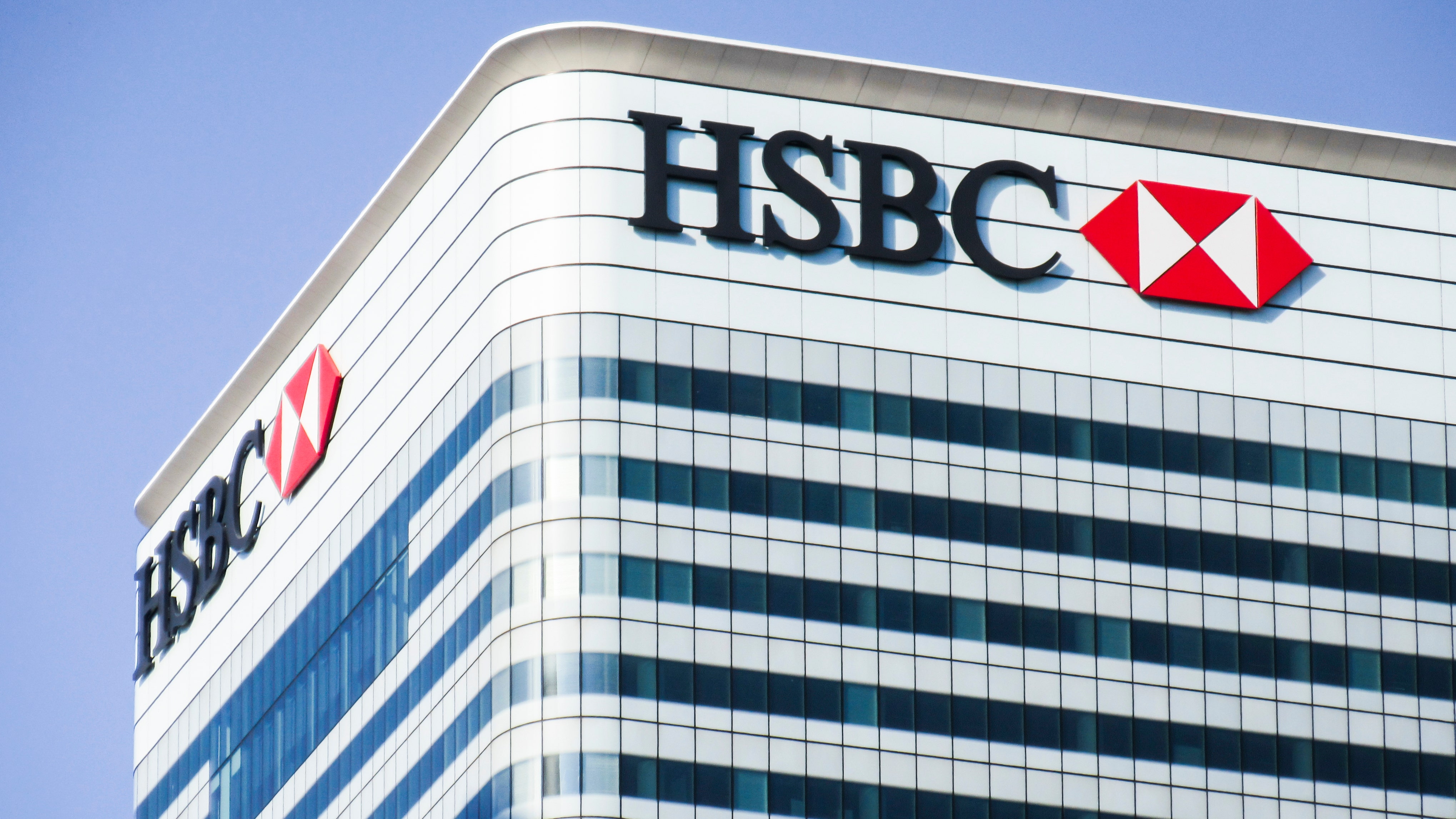##
Introduction
In the wake of a disappointing start to the new year, Citigroup and HSBC have revised their forecasts for the performance of Hong Kong’s stock market. The outlook has been dampened by higher borrowing costs and China’s weak economic recovery, leading to concerns over corporate earnings. This article delves into the factors influencing these revisions and explores the implications for investors.
The Dismal Start and Revised Targets
The Hang Seng Index, which tracks 82 blue-chip members, has experienced a challenging start to the year, recording its worst performance since 2005. By January 8, the index had already lost 4.8 percent, extending a four-year downward trend. As a result, Citigroup’s head of investment strategy and portfolio advisory in Hong Kong, Ka Liu, has revised his midyear target for the Hang Seng Index. Previously set at 23,000 points, Liu’s new forecast is 19,000 points. The revision is primarily driven by lower earnings growth forecasts and a weak economic environment.
HSBC has also adjusted its 12-month target for the Hang Seng Index. Strategists at the bank reduced the target to 19,300 from 19,890 due to concerns over slowing growth and the impact of higher interest rates on local equity and property markets. Raymond Liu, a China offshore equity strategist at HSBC, highlights the financial and property sectors as potential drags on the overall market’s performance.
Factors Influencing Revisions
1. Weaker Earnings Growth Forecasts

The revisions made by Citigroup and HSBC reflect concerns over the earnings potential of Hong Kong’s corporate sector. The broader economic environment remains weak, leading to lower growth projections. The struggle with deflation and slower external trade experienced in China towards the end of 2023 has further dampened investor sentiment. The uncertain outlook for corporate earnings is a key factor contributing to the revised targets.
2. Impact of Higher Borrowing Costs
Higher borrowing costs have also influenced the downward revisions. Citigroup’s Ka Liu emphasizes that the longer duration of elevated interest rates can weigh on stock prices. Investors have adjusted their expectations for rate cuts, following indications from Federal Reserve officials that borrowing costs may need to remain higher for longer to control inflation in the US. As the Hong Kong Monetary Authority follows the Fed’s policy, the impact of higher rates on the local stock market cannot be overlooked.
3. China’s Economic Recovery and Policy Measures
China’s economic recovery and policy measures play a significant role in shaping market sentiment. While there is a possibility of a technical rebound given the significant sell-off, the market’s performance heavily relies on China’s ability to stimulate its economy. In 2023, China’s piecemeal approach failed to reignite growth or prevent a fund exodus by global money managers. However, the People’s Bank of China has expressed its commitment to providing strong support for credit growth through various tools such as open market operations and reserve requirements.

Investor Sentiment and Alternative Markets
The revised stock targets reflect a lack of confidence among investors. Consumer sentiment in mainland China remains depressed due to the ongoing property downturn, leading to caution in reentering the market. Investors are eagerly awaiting Beijing’s supportive policies to take effect before making significant moves.
Citigroup’s Ka Liu suggests that other regional markets may offer better upside potential. He highlights that Chinese stocks no longer enjoy the same growth trajectory that attracted meaningful fund inflows in the past. Several markets in the broader region demonstrate higher growth potential, making them more appealing to investors.
Conclusion
The revisions made by Citigroup and HSBC underscore the challenges faced by Hong Kong’s stock market in the current economic climate. Weaker earnings growth forecasts, the impact of higher borrowing costs, and uncertainties surrounding China’s economic recovery have contributed to the downward revisions. Investor sentiment remains cautious, and the effectiveness of Beijing’s supportive policies will be crucial in reshaping market dynamics. As alternative markets in the region show promising growth potential, investors may shift their focus to these opportunities. It is essential for market participants to closely monitor economic indicators and policy developments to navigate the evolving landscape effectively.
